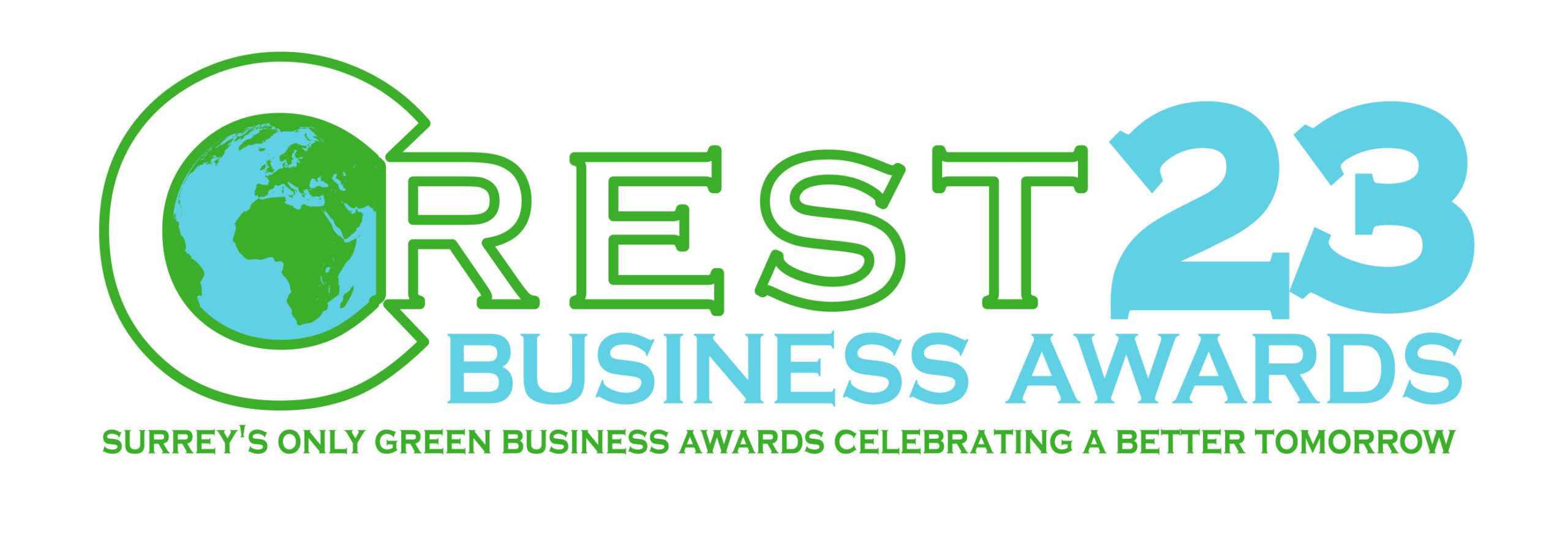There is no real excuse why not to be an ethical business – is the emphatic message from Sally Pritchett, head of award-winning Surrey communications consultancy, Something Big.

A Certified B Corporations company, where B stands for “benefits for all”, Sally explains that while Something Big was already essentially a living example of B Corp, the certification and proof that they are eco-sustainable, has had a dramatic impact on the employee-owned company’s business.
The company has not only won business directly as a result of its B Corp status but has been the single reason every candidate has chosen to work for the company.
“It’s easier for our recruitment and proof that the importance of sustainability is real. This connects us to our purpose, which has made meaningful work and which is what attracts the best talent and then keeps them.
“From our customers point of view, they aren’t insisting on it yet but it’s certainly going down well with procurement because they want to green up their supply chains and then on top of that we have now had enquiries directly because of B Corp.
“We are winning new business, people have said they found us through the B Corp directory because they wanted a B Corp company. So, in fact you do gain customers and better talent” says Sally
Despite proof positive of why committing to sustainable business practices makes long term commercial sense, reports show that from large FTSE 100 firms to SMEs there is a reluctance to greater environmental sustainability.
The cost-of-living crisis and lack of clarity seem to be the greatest inhibitors for most SMEs, according to BSI, the UK National Standards Body.
Its annual report published in May revealed two thirds (63%) cited the cost-of-living crisis as the biggest inhibiting factor, followed by the energy crisis (50%) and many are calling for extra financial support.
Meanwhile, EY’s April analysis cited 78% of FTSE 100 companies have disclosed partially-developed plans that include public targets to achieve Net Zero emissions by 2050, they have not yet adequately outlined how they will reach these targets.
Sally reflects: “I think people think they are going to have to do a whole load of things that they’re not doing and that probably bothers them. There is no real excuse why not to be an ethical business and when people say: “well we can’t all be Patagonia”, I don’t really understand why not!
“That suggests that being a really good, commercially successful, ethical business is not possible and I disagree.”
If you’re not sure what B Corp is or what it takes, what it would mean to your business, watch out for B Local events on @BLocalSurrey on LinkedIn and speak with people like Sally who have walked that journey.

Sally, who is one of the B Local Surrey Chairs, adds: “We are already seeing businesses within our B Corp local community selling to each other that’s a natural outcome. It’s not why everyone goes into it but it happens because you want to do business with decent people and we are also all sharing good practice and tips with each other.”
